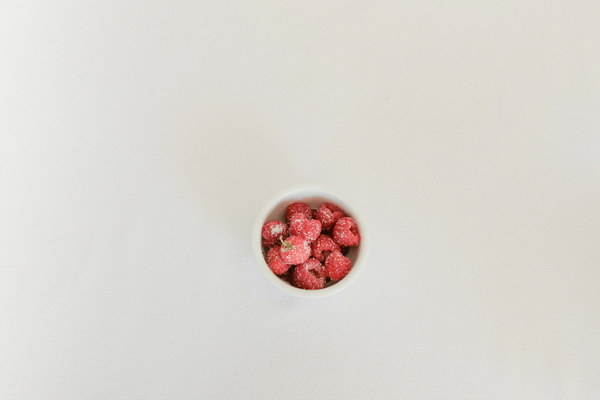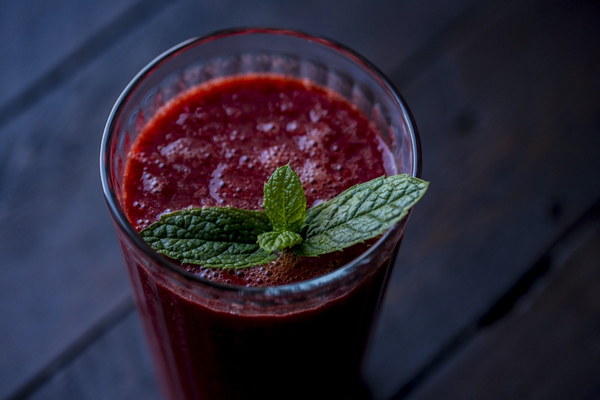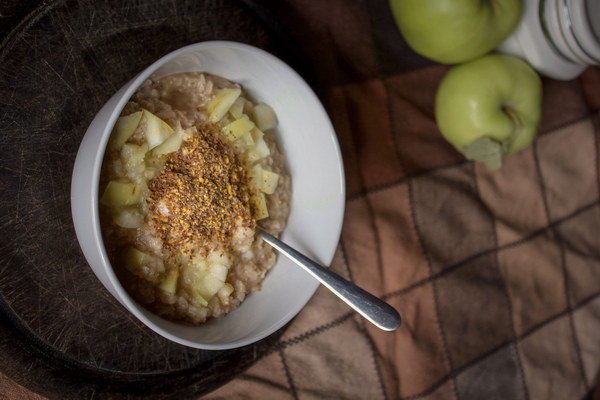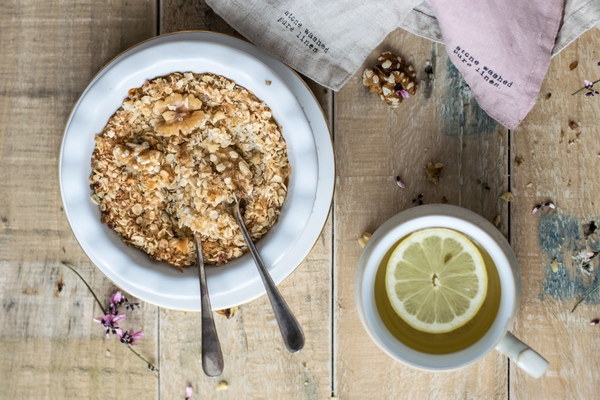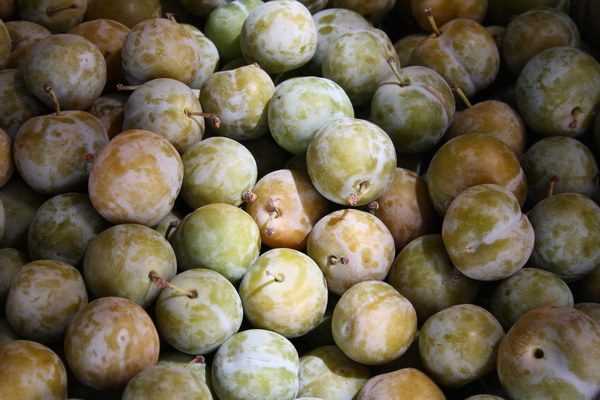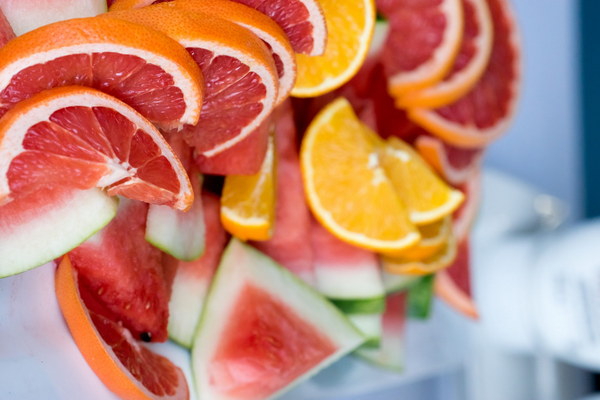Sweet Delusions Does Eating More Sugar Really Boost Blood Pressure
In the world of health and nutrition, myths and misconceptions often circulate, leading many to seek unconventional remedies for their health concerns. One such myth is that consuming more sugar can actually help boost blood pressure. But does this sweet delusion hold any truth? Let's delve into the science behind this claim and separate fact from fiction.
The Myth of Sugar as a Blood Pressure Booster
The idea that sugar can help raise blood pressure might seem counterintuitive, considering that high blood sugar levels are often associated with conditions like diabetes and hypertension. However, some people believe that the right amount of sugar can act as a natural vasodilator, expanding blood vessels and thus lowering blood pressure.
The Reality: Sugar and Blood Pressure
Unfortunately, the reality is far from this myth. According to the American Heart Association (AHA), there is no scientific evidence to support the notion that eating more sugar can boost blood pressure in a healthy individual. In fact, the opposite is true.
Excessive sugar consumption can lead to a variety of health issues, including high blood pressure. When you consume too much sugar, your body releases insulin to help manage the sugar levels in your bloodstream. This can lead to insulin resistance, where your body's cells become less responsive to insulin, causing blood sugar levels to remain elevated.
High blood sugar levels can damage the lining of your arteries, leading to inflammation and hardening of the arteries, a condition known as atherosclerosis. This hardening narrows the arteries, increases blood pressure, and can lead to heart disease, stroke, and other serious health problems.

The Role of Sugar in Hypertension
While sugar itself may not directly cause high blood pressure, it can exacerbate the condition. Diets high in sugar are often associated with a range of unhealthy habits that can contribute to hypertension, such as:
- Excessive calorie intake, leading to weight gain and obesity.
- High intake of saturated fats and trans fats, which can also contribute to atherosclerosis.
- High sodium intake, which can directly cause blood pressure to rise.
Healthy Alternatives for Blood Pressure Management
If you're looking to manage or lower your blood pressure, it's important to focus on a balanced diet rich in whole foods. Here are some tips:
- Reduce your sugar intake and opt for natural sweeteners like honey, maple syrup, or stevia.
- Choose whole grains over refined carbohydrates.
- Incorporate more fruits and vegetables into your diet.
- Limit your intake of processed foods and those high in saturated fats and trans fats.
- Increase your intake of foods rich in potassium, such as bananas, avocados, and sweet potatoes, as potassium can help counteract the effects of sodium on blood pressure.
- Stay hydrated with water and limit your consumption of sugary drinks.
Conclusion
The myth that eating more sugar can boost blood pressure is just that—a myth. In reality, excessive sugar consumption can contribute to high blood pressure and a host of other health issues. For those looking to manage their blood pressure, focusing on a balanced diet and healthy lifestyle choices is the key, not a sweet delusion.
